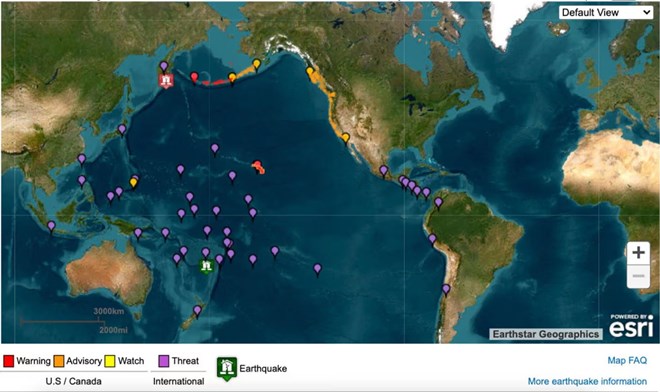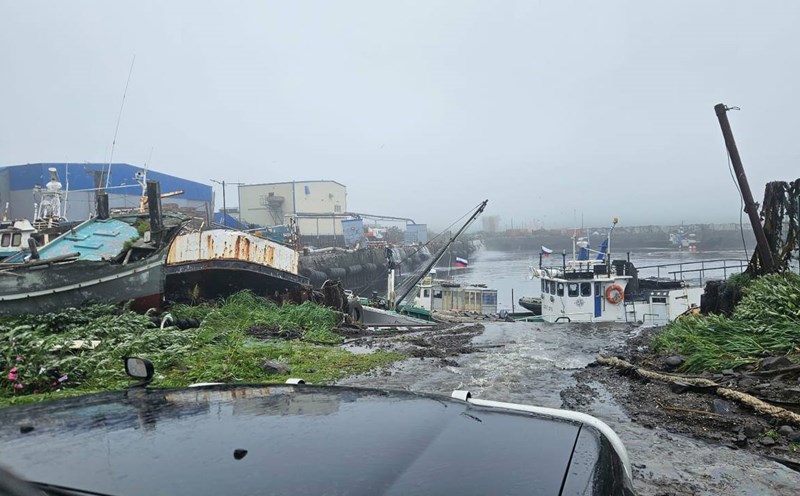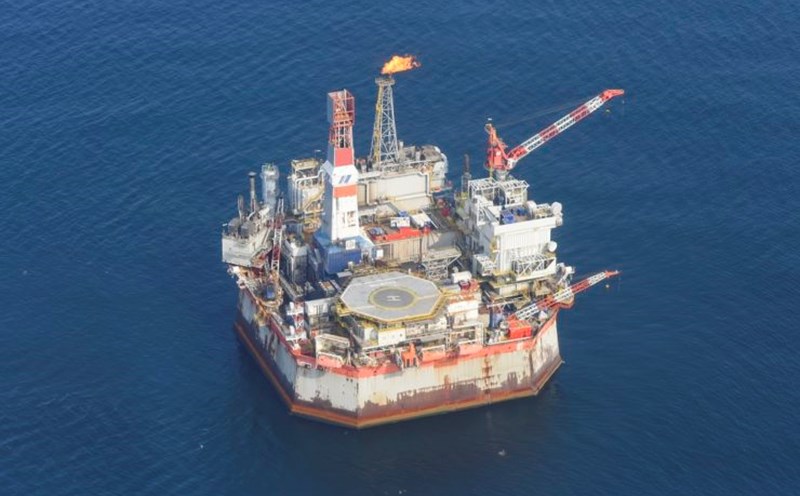The Future I saw by Japanese artist Ryo Tatsuki - released 26 years ago - caused a stir again on social media. In a story, Tatsuki described the sea around southern Japan as boiling on July 5, 2025. That time had passed just a few weeks before the powerful earthquake in Kamchatka, Russia on July 30.
Tatsuki, known as the Vanga of Japan, is said to have painted many images that predict the future, although she herself always denies her vertical ability. However, the strange coincidence between the manga comic book site and natural disasters that just happened has made global netizens wonder: Can art accidentally paint the future?
Along with manga Japan, Vanga's 2025 prophecy series - a famous Bulgarian blind prophecy - is also being revived at a time when the world is facing fierce changes:
The blind tien tri Vanga was once said to have warned about the risk of a large-scale, even destructive conflict. In the context of the conflict in Ukraine and tensions in the Middle East, many people are reminded of the scenario she mentioned.
Vanga is expected to see a sharp increase in geological phenomena such as earthquakes, volcanoes and extreme weather. The earthquake in Kamchatka, along with recent weather abnormalities, is making this prophecy take hold of more seriously.

Another warning is related to a failed biological experiment. Although no specific events have occurred, post-COVID-19 concerns and controversial laboratory leaks have made the forecast more reliable.
Ms. Vanga is also said to have envisioned a period when technology, especially artificial intelligence, will profoundly change human life. With the current development of AI in 2025 - from robots to medical and financial management algorithms - many people believe that is becoming a reality.
On July 1, 2025, astronomers discovered inter-star system 3I/ATLAS larger than Manhattan and flying at a speed of more than 200,000 km/h. Although there is no concrete evidence of life beyond Earth, the discovery has raised funds about Vanga's prophecy about the "great cosmic event".
The coincidence of natural fluctuations, rapid development of technology and geopolitical tensions makes the public easily drawn into ancient predictions. Social networks are spreading rapidly, fueling curiosity, despite many scientists warning that most prophecies are often vague and easily "assorted" into any event later.
However, the appeal of predictions like Vanga or Ryo Tatsuki shows one thing, in an increasingly uncertain world, people are always looking for signs, whether real or imagined, to explain the future. Although experts say that prophecy is mostly symbolic and lacks clear scientific basis, it continues to haunt the imagination of millions of people.












